Spruce "Blue Diamond": description, features of planting and care, reproduction
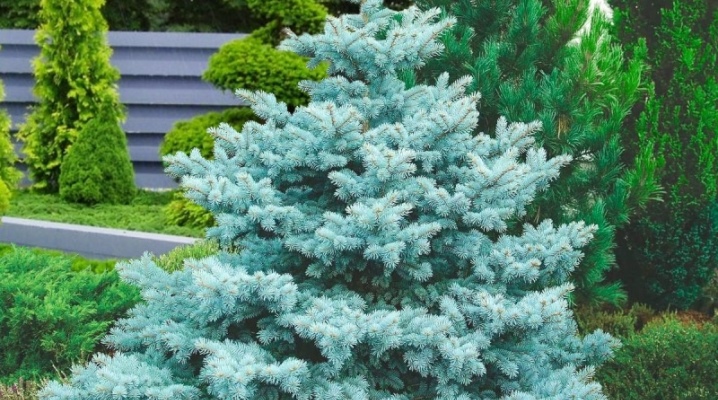
Every owner of country houses dreams of ennobling his plot with beautiful evergreen plants. Blue spruces are very popular in modern gardening. Their varieties are varied. However, the Blue Diamond (Blue Diamond) spruce is of particular interest to farmers. This amazing coniferous plant has a presentable appearance and is easy to care for.
A bit of history
The popular Blue Diamond variety was bred in the nursery by Dutch breeders in the early 90s of the last century. The Blue Diamond was obtained by crossing the Glauka spruce and unknown Colorado spruces. The result is an amazing plant with bluish needles. The plant has been studied and tested for 15 years. And only in the early 2000s of this century it was possible to obtain an international patent. After a short period of time, the Blue Diamond variety gained immense popularity and began to appear in almost every area of gardeners from all over the world.
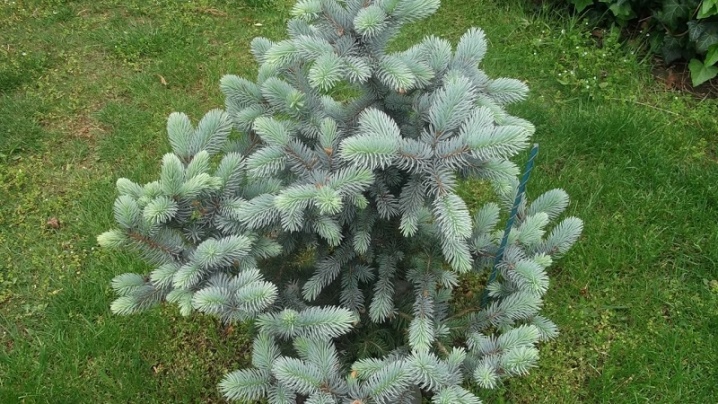
Description of appearance
"Blue Diamond" meets all the parameters of the Christmas tree. The tree has a wide-conical crown and beautiful fluffy needles. The gorgeous blue spruce looks very attractive. The features of the plant include:
- dense branches forming symmetrical tiers;
- thorny thin needles painted in the color of the sea wave;
- oblong cones, which have a rich brown tint;
- the plant independently "holds" the crown of a pyramidal shape, however, in the spring the ephedra needs preventive pruning.
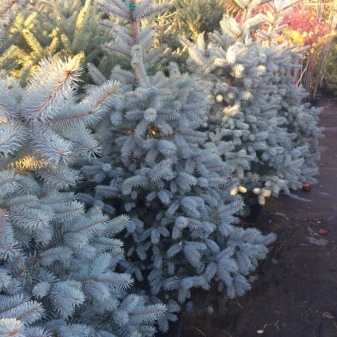
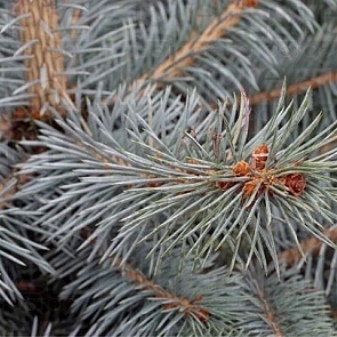
Peculiarities
The variety is known for its excellent frost resistance. The plant grows well in regions with low temperatures. Blue Diamond prefers sunny areas where the beauty of the tree is revealed in full force. However, the plant also recognizes partial shade, but the lack of sunny color will undoubtedly affect the shape of the crown and the color of the needles. Then the tree will "lose" its slenderness and amazing shade.
As for the soil, then this variety of blue spruce prefers fertile medium loamy soil... Air is important for the Blue Diamond root system. It does not tolerate excess moisture and high soil density.
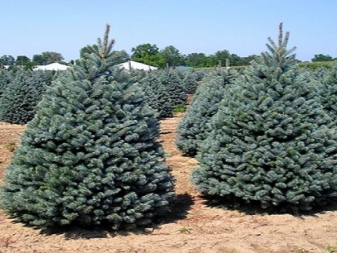
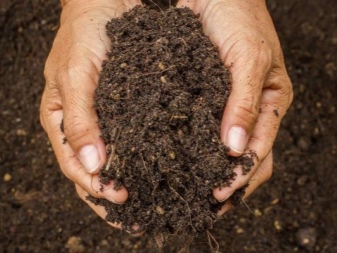
In the hot summer, "Blue Diamond" will not dry out, but it is still not recommended to forget about watering. Note that the first 8-10 years, this variety does not differ in rapid growth. However, subsequently, the growth rate of the plant increases.
A mature tree reaches a height of 5-7 cm. The width of the blue spruce is 2 to 3 meters. Blue Diamond seedlings must be purchased from trusted locations. Doubtful points of sale should be bypassed, since there is a high probability of buying a plant with a disease.
In a healthy seedling, the root system is slightly moistened, and the stem and shoots are free from damage and suspicious spots.
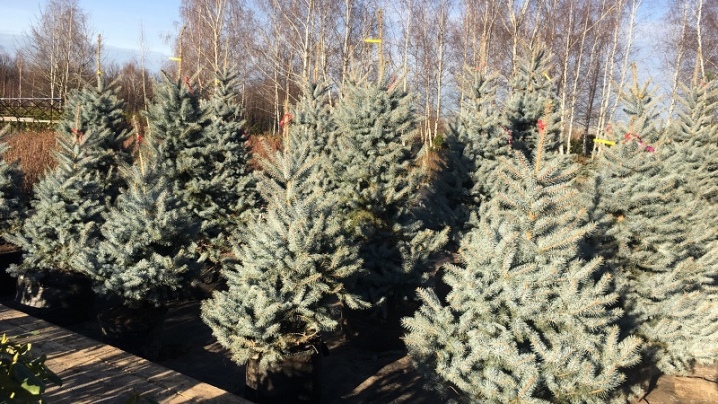
Care and landing rules
In order for the Blue Diamond spruce to grow beautiful and fluffy, you must adhere to the following care rules.
- Regular watering, especially in summer.
- Pruning with the onset of spring, as a sanitary prophylaxis. Dry and old shoots must be carefully removed. Twigs that are frozen in a harsh winter only cut off the tops.
- Mandatory feeding and treatment of the plant with fungicides.
- Periodic loosening of the soil. Such a procedure will help the root system to receive the required amount of oxygen and moisture.
- Apply fertilizers according to the scheme. In the spring, nitrogen compounds are suitable, and in the hot summer, phosphorus compounds can be used. With the approach of autumn, it is necessary to switch to organic fertilizers with potassium.
- Protect blue spruce from weeds. It can be removed manually and can also be treated with herbicides.
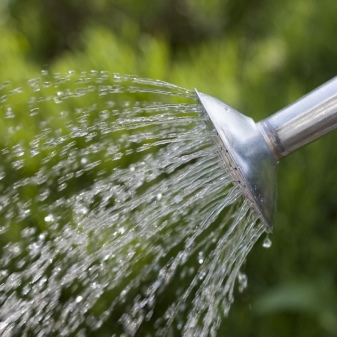
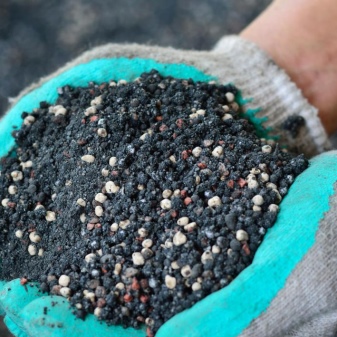
Reproduction
Blue spruce propagates by cuttings, seeds and seedlings. Cuttings are usually carried out in early summer. Landing is carried out to a depth of 3 meters. The soil should not be dry, however, excess moisture can also damage the root system of the plant. As for the seeds, they must first be soaked in water, and they are usually planted at the end of April. For spring sowing, the first shoots appear after 2 weeks.
When it comes to seedlings, then special attention is paid to the location of the root collar. It should remain at the same level as in the previous container.
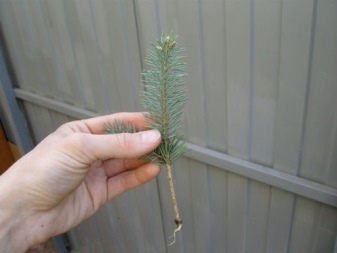
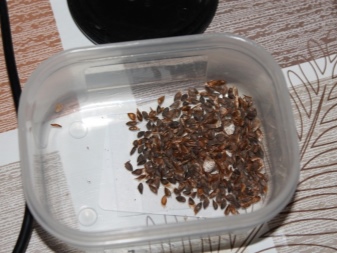
Disease prevention
Preventive measures aimed at combating pests and diseases are equally important. A Blue Diamond spruce that is not properly cared for can be affected by aphids and other parasites. Often, the plant experiences discomfort due to the appearance of gray rot. Therefore, preventive measures are among the mandatory rules for the care of the Blue Diamond variety. In winter, young trees are covered with a special bag or cotton cloth, fixing with a strong rope. The soil around the plant must be mulched with dry foliage and spruce branches.
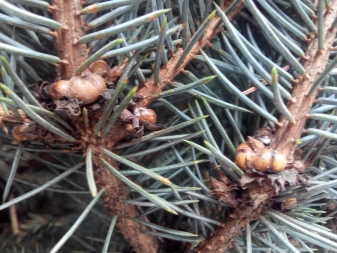
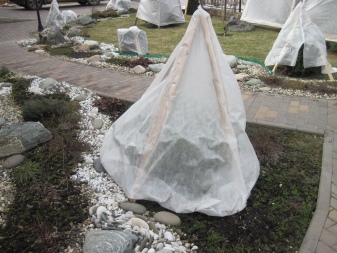
Application in landscape design
They like to use beautiful blue spruce as tub plants. In winter, young Christmas trees (under 10 years old) are decorated with colorful toys and garlands. The Blue Diamond variety will look no less luxurious as the central composition. If the site allows, then around the decorated evergreen tree it will turn out to lead round dances on New Year's Eve.
Besides, this variety is suitable for group plantings... To "highlight" certain areas in the local area, "Blue Diamond" is planted in rows. It is worth noting that Blue Diamond spruce grows well in urban areas. They are planted in parks and along highways. However, in dry summers, conifers need periodic watering.
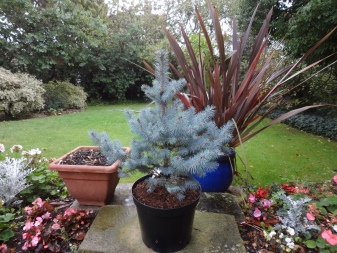
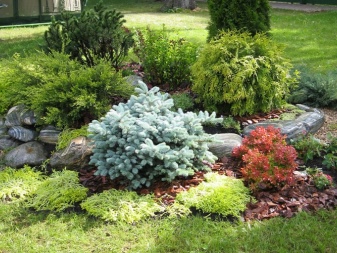
In the next video you will find more information about the Blue Diamond Spruce.



































































The comment was sent successfully.